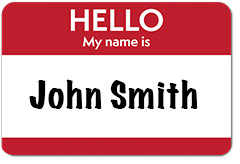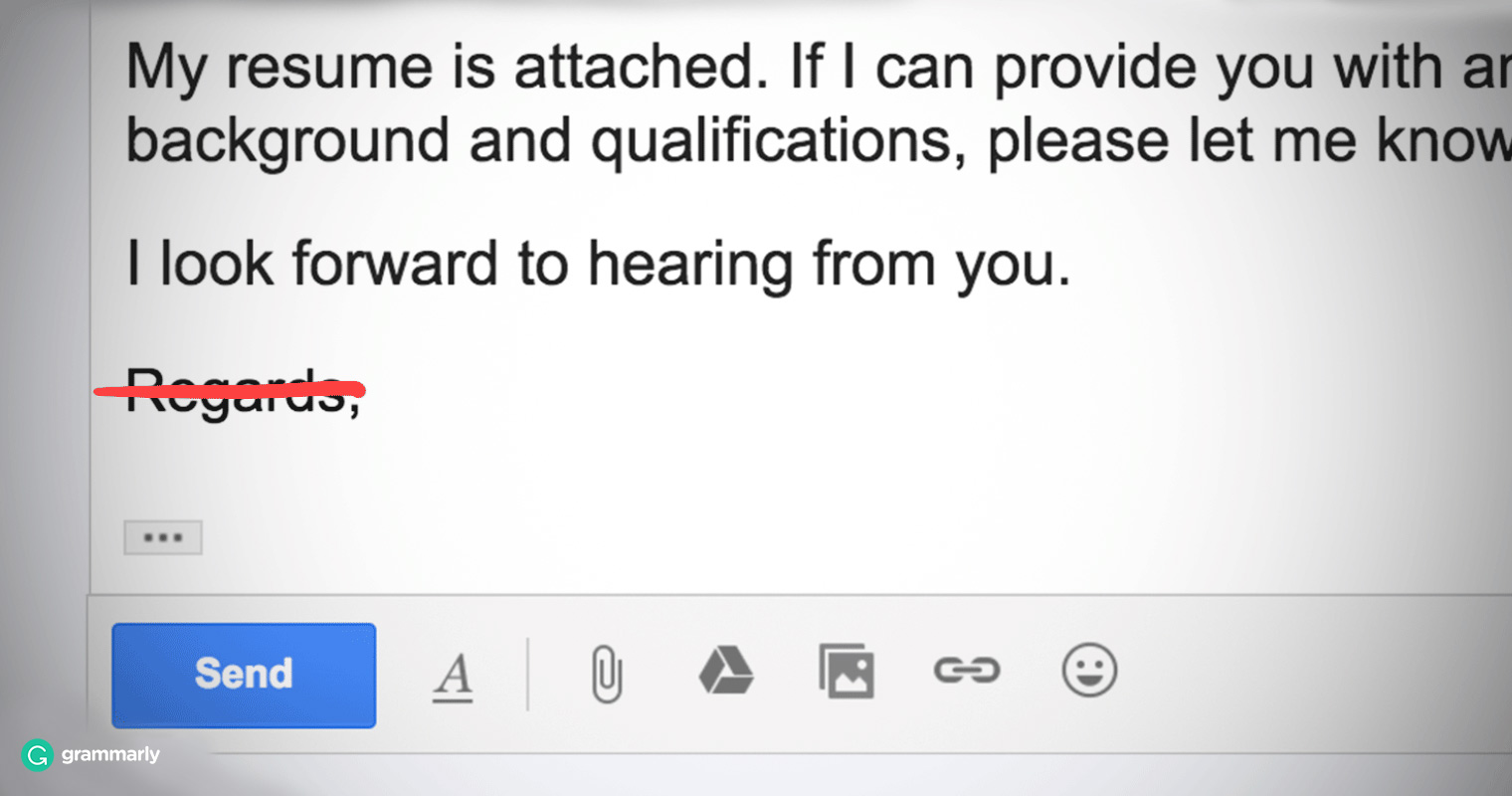Ways to end an email- During the job hunt and in the office, email is one of the few key channels of contact. While it's crucial to attentively prepare each element of your message, a well-crafted email sign-off (the last line of your email followed by your signature) is critical for leaving a great impression on the reader.
Writing clear, professional emails can help you establish a great reputation with your coworkers, network, and possible employers. Here is some background on how toconclude an email, items you should include, and some useful examples to ensure you achieve this goal.
Make Sure To Use Your Entire Name
In your ending, always mention your first and last names, especially in the first few correspondences. This way, your recipient knows who you are and is less likely to mix you up with other people with the same first name.
Be Professional
Determine the proper tone to utilize in your closing using context clues. If you're emailing someone you've never met, avoid informal sign-offs like "Chat soon!" to maintain a professional tone. If you've exchanged numerous emails and think a more relaxed closing would be more fitting, go ahead and mimic your audience's tone. It's always a good idea to err on the side of caution if you're unsure.
Determine Whether Or Not A Close Is Necessary
It's tempting to omit the ending when you've exchanged multiple emails with someone. In this instance, it's important to consider incorporating a closing in your email. While your talks may have become more casual, an email closure still demonstrates professionalism and attention to detail. Additionally, the recipient of your email may forward it to individuals within the organization with whom you have not previously corresponded. A thoughtful conclusion will make a positive impact on them and will make the communications clear and easy to understand.
Contact Information
Even if the recipient of your letter already has your email address, it's still a good idea to give other contact information, such as your direct phone number.
How Do You End An Email Warmly?
Best – This is the most common, and it is completely safe. It comes highly recommended by myself and the experts.
My Best — A little clumsy. It appeals to etiquette consultant Lett.
My best wishes to you — Lett enjoys this one as well. I believe it is outdated.
All the best – no harm.
Best wishes - This also helps.
Best Wishes — It resembles a greeting card too much, but it's not horrible.
Bests — I know some people who enjoy this, but I find it to be a bit finicky. Why do you require the additional "s"? ”
Best Regards - A more formal version of "Best," which I use when I want to convey a sense of formality.
Regards — Fine, unobtrusive, and succinct. This is what I do.
Rgds – I used to use this, but I stopped since it was attempting to be shortened too hard. Why not add three more letters to the mix? If you're emailing it from your phone, that's OK.
How Do You End An Upset Email?
Thank the reader for taking the time to go through everything and understand the emotions involved before closing the letter. Close with a typical phrase like "Thank you" or "Regards," then print your name and contact information.
How Do You End An Informal Letter?
"Yours truly," "Your buddy," "All the best," and "Take care," are common concluding salutations for informal letters, but more informal closing salutations, such as "See you soon," "Don't be a stranger," and so on, are also appropriate these days.
Is Kind Regards Rude?
I would choose to use "warm regards" or "best regards" if I wanted to remain formal but still appear personable. Any less formal final statement, I believe, will speak for itself, because you don't normally use informal language when putting someone in their place.



